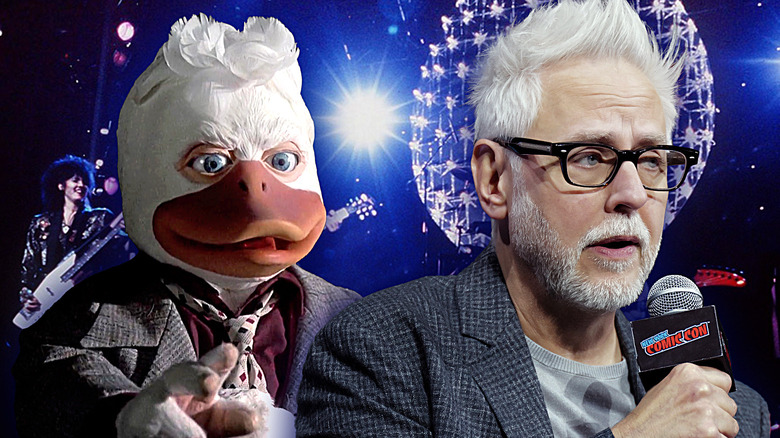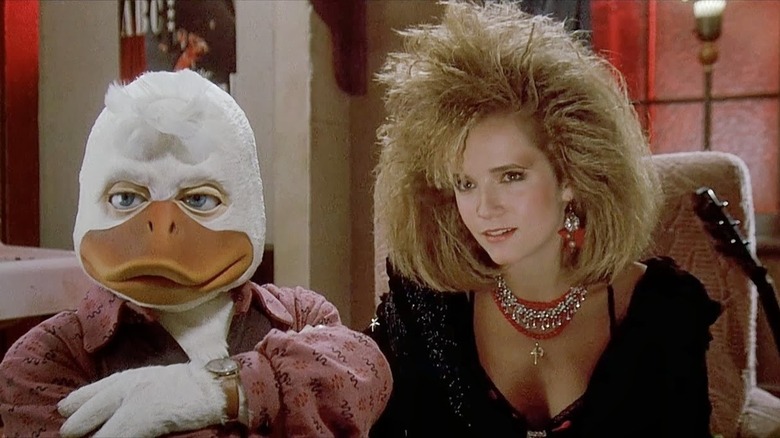It’s fair to say that the Marvel Cinematic Universe has been on the downslide ever since the release of “Avengers: Endgame” in 2019. The MCU’s many, many fans haven’t seemed as excited about the many installments to have come out since, with some of them even becoming huge flops at the box office (although one of those failures, “Ant-Man and the Wasp: Quantumania,” miraculously managed to turn a tiny profit). Even the commercial hits — like “Spider-Man: No Way Home” and “Deadpool & Wolverine” — have tended to be nostalgic victory laps rather than new, exciting beginnings. From 2008 until 2019, however, Marvel stood astride the pop landscape like a mighty colossus, with essayists and cinephiles carefully examining the history of Marvel movies and why they came to ascend in the late 2000s.
Among the recent successes was James Gunn’s “Guardians of the Galaxy, Vol. 3,” a very long, very weepy farewell to the eponymous characters. Gunn became one of the guiding voices in the MCU after the first “Guardians” film became a hit in 2014, and his movie did something very unlikely: it dug up some relatively obscure and strange Marvel characters and somehow made a mass audience care about them. The success of “Guardians” was proof that Marvel could, at least at the time, do no wrong. At the end of “Guardians,” Gunn even included a cameo from Howard the Duck (Seth Green) a comedy character from the 1970s.
When Gunn included Howard the Duck in “Guardians,” audiences unexpectedly cheered, happy to see the character. It was an odd response, however, as the last time Howard graced movie screens, it was received incredibly poorly. Indeed, for many years, Willard Huyck’s 1986 film “Howard the Duck” was held up as an ur-example of terrible Hollywood flops.
And, what’s more, Gunn hates it. In 2017, the filmmaker spoke with Yahoo! News and admitted his utter loathing for the movie.
James Gunn was a fan of the Howard the Duck comics, so the 1986 movie disappointed him
On the page, “Howard the Duck” first appeared in 1973, kind of as a comedic antidote to the self-serious superhero lore of the era. Howard, created by Steve Gerber, was an anthropomorphic fowl from another planet who became stranded on Earth and frequently found himself in fantastical and/or film noir-like scenarios. He was no hero, however, and typically made snarky meta-commentaries about his situation. “Howard the Duck” was a strange choice to adapt into a feature film in 1986, but Universal and Lucasfilm (!) gave him the star treatment, creating an animatronic suit for the character and granting him a human love interest named Beverly (Lea Thompson).
Upon its release, “Howard the Duck” was roundly panned and barely broke even at the box office, becoming a punchline that’s hated to this day by many, Gunn included. The filmmaker not only disliked the movie, but he was also disappointed to boot. He was one of those rare kids who was a fan of the Howard the Duck character before the film came out, so the alterations the movie made to the source material upset him. In his own words:
“I’m a huge Howard the Duck fan. […] For people who don’t know, I’m a huge Marvel Comics fan. But Howard the Duck was maybe my favorite character as a kid. I loved the Steve Gerber ‘Howard the Duck.’ I went back and I collected all of those comics, I had every comic he was ever in. […] I was young, and I went so excited about it. […] I wasn’t hip with the Caucasian eyelids. That upset me. Because they had the puppet, and it was a duck, and instead of having feathery or white eyelids, he had Caucasian eyelids, and it was creepy.”
As one can see above, Howard has no feathers on his eyelids. Gunn added, succinctly, “That movie sucks.”
Perhaps it became a personal cause, but Gunn kind of rescued “Howard the Duck” with his “Guardians” cameo.




